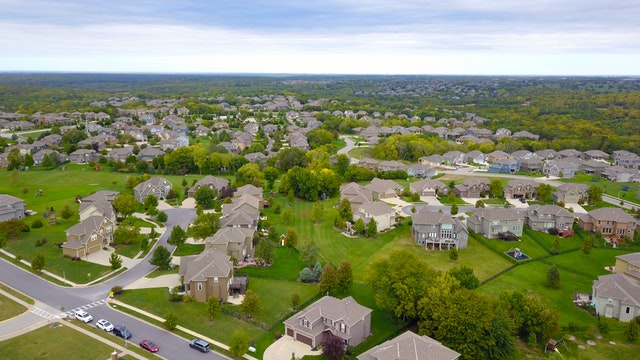What Does A Property Management Company Do?
 For those who are interested in learning more about real estate, property management companies are an important topic of discussion. Some people might not ever consider hiring a property management company.
For those who are interested in learning more about real estate, property management companies are an important topic of discussion. Some people might not ever consider hiring a property management company.
Other people wouldn’t ever invest in real estate without a property management company to help them out along the way. This can be a hard decision for people to make. In order to figure out if hiring a management company is the right decision, it is important to think about what they do.
What Is Property Management?
It is the job of a management company to both maintain the quality of the residence while also keeping the occupants happy. Typically, the owner of the property will hire a third party to do this job. The management company then oversees the daily operations of everything that happens at the real estate property.
This means that property managers respond to the concerns of the residents or tenants. If something goes wrong with one of the appliances, the property management company is typically the one who handles this issue.
If there is something wrong with one of the utilities, the management company handles this also. Parking problems are often handled by the manager as well. Property managers will also make sure that rent is collected on time.
Property managers are also busy while the property is vacant. The manager will make every effort possible to get the property filled if it is vacant. The manager will also make sure that the property is well-kept when it is empty. This means keeping it clean, updating appliances, fixing leaks, and other common issues that arise.
Is A Property Manager Needed?
In order for someone to decide whether or not a property manager is needed, there are a few important considerations.
First, the more rental properties someone has, the more work will need to be done. It might be too much for one person to do on their own.
Next, think about how far away the property is. The farther away the property is, the harder it will be to keep an eye on it.
Finally, managing property is an active job. Those who intend to get into real estate as a form of passive income will want to hire someone else to handle this job.
Consider these questions carefully when thinking about property management companies.
If you are in the market for a new home or interested in refinancing your current property, be sure to consult with your trusted home mortgage professional.

 Nobody enters into a mortgage assuming they are going to fall short on their payments; however, life happens and borrowers might need a way out. In serious situations, lenders may elect to foreclose on homeowners who are unable to make their mortgage payments. Fortunately, there might be another way out. This is called a short sale.
Nobody enters into a mortgage assuming they are going to fall short on their payments; however, life happens and borrowers might need a way out. In serious situations, lenders may elect to foreclose on homeowners who are unable to make their mortgage payments. Fortunately, there might be another way out. This is called a short sale. Have you ever seen a scientific experiment with things growing in a Petri dish? This is a metaphor for how neighborhoods grow as well. Things in a Petri dish grow towards the areas that have more nutrition to attract them and repel from areas that have bad things that they do not want.
Have you ever seen a scientific experiment with things growing in a Petri dish? This is a metaphor for how neighborhoods grow as well. Things in a Petri dish grow towards the areas that have more nutrition to attract them and repel from areas that have bad things that they do not want.